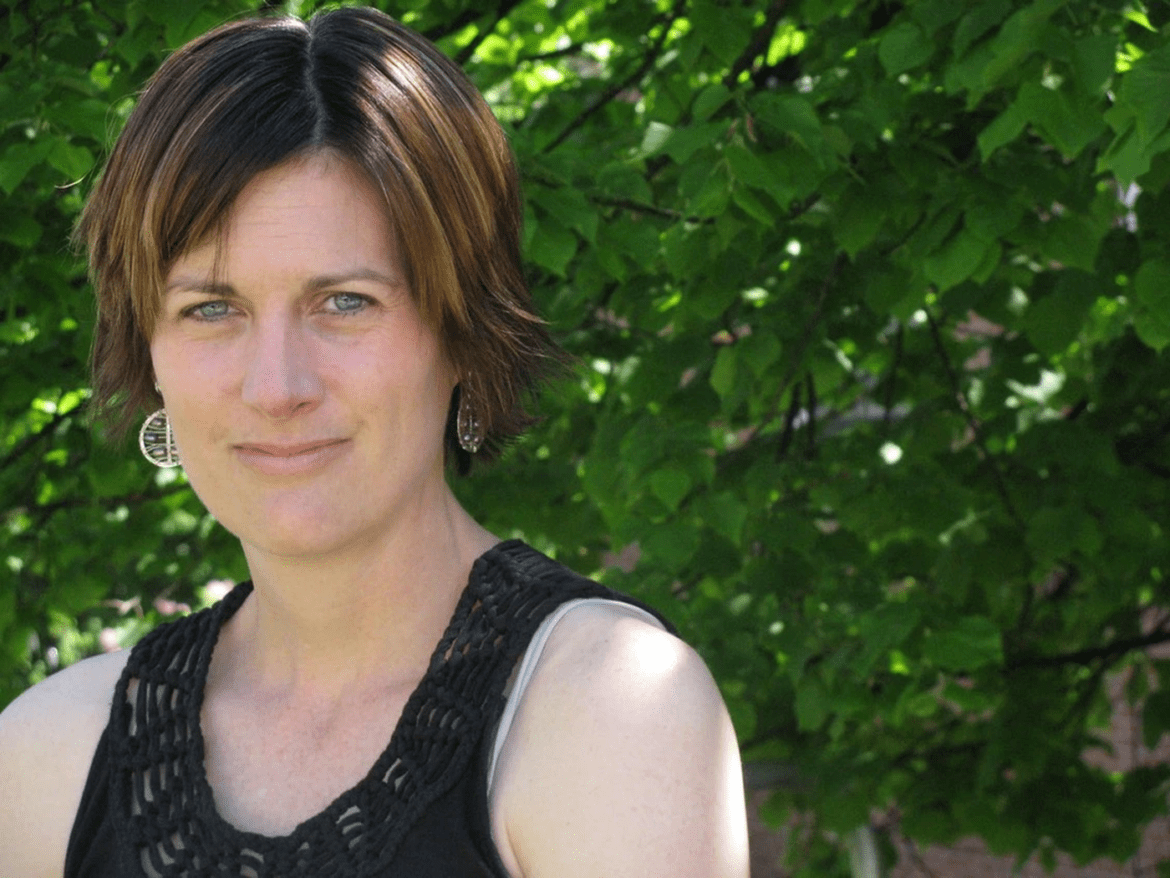By Laura Stradiotto | The Sudbury Star
Researchers at Wilfred Laurier University, along with the Northern Ontario Black Economic Empowerment Program, are working to develop a socio-economic profile of the Black population in the region.
In their recently released report – The Black Population in Northern Ontario: Socioeconomic Profile and Service Gap Analysis – researchers have made a series of recommendations to address challenges, opportunities and disparities faced by the Black communities in the North. Those recommendations include the need for improved policies and strategies to better use the skills and education of the Black population.
More than 5,000 people in Northern Ontario described themselves as Black in the 2021 census, which is double from a decade earlier, researchers noted in their report. Researchers collected data from 220 surveys from across the region, which included the communities of Greater Sudbury, Thunder Bay, Timmins, Sault Ste. Marie, Kenora and North Bay.
Forty-four per cent of respondents arrived from 2017 to 2024, the majority of whom settled in 2023, which coincides with the implementation of the Rural and Northern Immigration Pilot Program. The program is designed to fill labour gaps through immigration.
The researchers found that the population is highly educated, with 53 per cent of respondents having at least an undergraduate university degree.
However, according to the study, while most respondents reported having their professional credentials and educational qualifications recognized in Ontario, and despite half of them indicating they work full-time, they could not find jobs in their fields. This so-called “skills-job mismatch” has led respondents to settle for lower-paying jobs, according to researchers.
“We were surprised that most of the respondents who arrived in Northern Ontario as immigrants reported that their foreign qualifications were accepted but they are not working in their fields of training,” one of the researchers, Stacey Wilson-Forsberg, told The Star. “This may because they are trained in fields that are not relatively available in the region’s labour market.”
Wilson-Forsberg said she sees this “mismatch” as the most urgent issue faced by the Black population in Northern Ontario.
“Definitely being able to work in one’s field of training, utilizing one’s skills and full potential for a salary commensurate with those skills and potential” is crucial, she said.
“Immigrant employment services and the entire labour market are embedded with deep and often very subtle systemic racism. Everyone benefits when the Black population (especially immigrants) are working in their fields, whether that be in companies or as entrepreneurs.”
As a result, researchers suggest “provinces continue to work with the professional associations and licensing bodies to create clear streamlined pathways for skilled people with international credentials.”
In addition, “universities and colleges (should) continue to create, streamline and provide financial support for bridging programs to assist foreign trained newcomers to work as quickly as possible in the careers they are trained to pursue.”
Researchers also recommend that Canadian work experience be removed from all job requirements. “In November 2023, the Ontario government took what may seem like a bold step: it introduced Bill 149, legislation to ban employers from requiring Canadian work experience when advertising for jobs in Ontario,” researchers said in their report.
“However, employers can still turn down candidates who do not have Canadian experience. This requirement has racist undertones that can accompany accent discrimination, and name discrimination.”
Researchers also strongly recommend that employment services move away from the “deficit approach” that places highly educated newcomers in low-skilled jobs.
“People with master’s degrees should not be told to ‘remove’ the designations from their CVs so that they can be sent to warehouses and greenhouses to work,” said the report.
The study also highlighted systemic racism in education and employment sectors, including health care, schools and even the real estate industry, and the need for anti-Black racism and unconscious bias training.
In addition, an Afro-centric perspective in healthcare is needed, according to recommendations made by Wilfred Laurier researchers but long echoed by organizations like the Black Physicians’ Association of Ontario and the Black Health Alliance.
“The shortage of family physicians is happening across Canada, but especially in smaller more rural areas,” Wilson-Forsberg told The Star. “The need to train more Black physicians and medical professionals in Afro-centric healthcare was clear in our findings but is becoming quite urgent across Canada as the Black population grows.
“Nigeria is now the third or fourth source country for immigrants to Canada. That is a big deal. With the involvement of the Northern Ontario School of Medicine, there is an opportunity for Northern Ontarian medical school graduates to lead the rest of Canada in Afro-Centric healthcare.”
Researcher Rosemary Kimani-Dupuis added that “Black communities disproportionately face structural and systemic barriers across many dimensions of service provision e.g., healthcare, housing, employment, etc. Collective advocacy strengthens efforts and catalyzes change across systems in Canada for Black communities.
“We remain hopeful that our research recommendations, as well as those by (the) Black Physician’ Association of Ontario and Black Health Alliance will gain traction moving us towards equitable outcomes.”
This study was the first in what researchers hope will be a long-term research program. A new French survey will be developed by the Northern Ontario Black Economic Empowerment Program with the support of Francophone associations and Collège Boréal to build a socio-economic profile and conduct a service gap analysis for the Francophone Black population.
“We would also like to conduct more qualitative interviews with Black communities to get a better understanding of who they are and how they feel,” said Wilson-Forsberg. “Future research with Lakehead University will look at developing relationships between the Black population and Indigenous peoples in the region.”
The Local Journalism Initiative is made possible through funding from the federal government.





